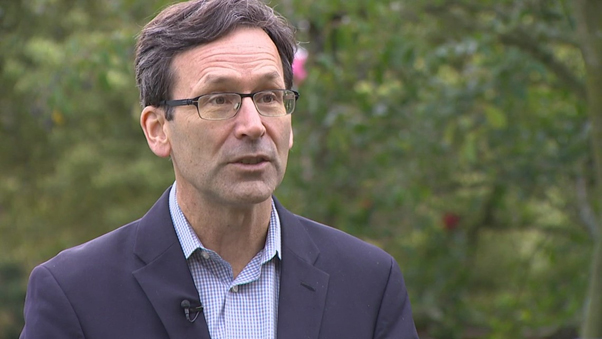
In a significant move on Tuesday, leaders of the U.S. House of Representatives announced the formation of a bipartisan task force dedicated to exploring potential legislation aimed at addressing concerns surrounding artificial intelligence (AI). Despite various high-level forums and legislative proposals over the past year, efforts in Congress to pass comprehensive AI-related legislation have faced setbacks.
Task Force Mandate: Comprehensive Analysis and Guardrails Implementation
House Speaker Mike Johnson, a Republican, and Democratic Leader Hakeem Jeffries disclosed that the task force's primary objective is to produce a comprehensive report. This report will delve into the exploration of legislative avenues, emphasizing the implementation of "guardrails that may be appropriate to safeguard the nation against current and emerging threats."
Generative AI and Its Dual Impact
Generative AI, capable of creating text, photos, and videos in response to open-ended prompts, has sparked both excitement and apprehension. Concerns range from the potential obsolescence of certain jobs to the disruption of elections and the fear of AI overpowering humans with catastrophic consequences.
Heightened Concerns: Fake Robocall Incident
The issue gained renewed attention after a fake robocall in January, mimicking President Joe Biden's voice, attempted to dissuade people from voting for him in New Hampshire's Democratic primary election. Responding to this, the Federal Communications Commission declared calls made with AI-generated voices as illegal.
Task Force's Broad Scope and Objectives
The task force's report is anticipated to encompass "guiding principles, forward-looking recommendations, and bipartisan policy proposals." Importantly, these proposals will be developed in consultation with various committees in Congress. According to Jeffries, "the rise of artificial intelligence also presents a unique set of challenges, and certain guardrails must be put in place to protect the American people."
Presidential and Departmental Initiatives
In October, President Biden signed an executive order aiming to mitigate the risks associated with AI. Furthermore, the Commerce Department, in January, proposed measures requiring U.S. cloud companies to ascertain whether foreign entities have access to U.S. data centers for training AI models.
Task Force Leadership and Objectives
Representative Jay Obernolte, the Republican chair of the 24-member task force, asserted that the forthcoming report will outline "the regulatory standards and Congressional actions needed to both protect consumers and foster continued investment and innovation in AI." Meanwhile, Democratic co-chair Ted Lieu emphasized the critical question of ensuring that AI benefits society rather than causing harm.
Industry Participation: A New U.S. Consortium for Safe AI Deployment
In a related development, Commerce Secretary Gina Raimondo disclosed that over 200 entities, including leading AI companies, have joined a new U.S. consortium aimed at supporting safe AI deployment. Notable participants in this consortium include OpenAI, Alphabet's Google, Anthropic, Microsoft, Meta Platforms, Apple, Amazon.com, and Nvidia.
This initiative reflects a collaborative effort between government and industry to navigate the complexities of AI and ensure its responsible and beneficial integration into society.


